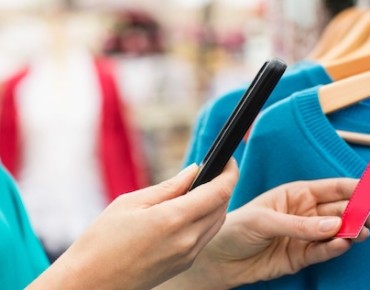Smartphone Role Falls Short of Retail Hopes

Although retailers have a lot to look forward to in near field communication-enabled (NFC) smartphones, which are slated to give the sector a boost by delivering consumer data while enabling contactless checkouts, the revolution hasn’t taken off as quickly as predicted.
In July, Strategy Analytics reported that NFC-equipped smartphones had reached a worldwide “tipping point,” but the organization has since revised its statement to reflect how reality has fallen short of their projections.
Analyst Nitesh Pital is now standing by the prediction that 115 million NFC phones will bring about $48 billion by 2017, which is down from the earlier estimation of 158 million phones delivering $53 billion.
The report also notes that many networks are pushing back plans for mobile payments into the 2014, while additional NFC remain unlaunched.
To further complicate the issue, the emergence of Bluetooth alternatives from Apple and Paypal are dividing the market, making NFC’s future even less clear.
“The prospect of both Apple and PayPal launching alternative mobile payment solutions based on Bluetooth Low Energy (BLE), not NFC, and increasing interest in dynamic QR codes from PayPal, adds further uncertainty to the role of NFC in supporting in-store mobile payments,” says David MacQueen, executive director of media and apps for Strategy Analytics. “Therefore, the success of ISIS, the NFC-supported mobile wallet joint venture between operators AT&T, T-Mobile and Verizon is not guaranteed, despite its scale."
Still, the ISIS consortium of banks and carriers plans to roll out NFC payment support with a new apps in the next few weeks. The organization claims the app will work with most Android phones with NFC already built in, and will even deliver the tool to iPhones via a special case. Until now, iPhones have explicitly remained NFC-free.
But even as the transition into mobile payment slows, banks, credit cards and retailers are all ready to get their hands on the shopper information that this new shopping paradigm promises. Because even if the mobile payment revolution is a subtle one, it could still help struggling retailers to keep the shopping in their stores and off the Web.











